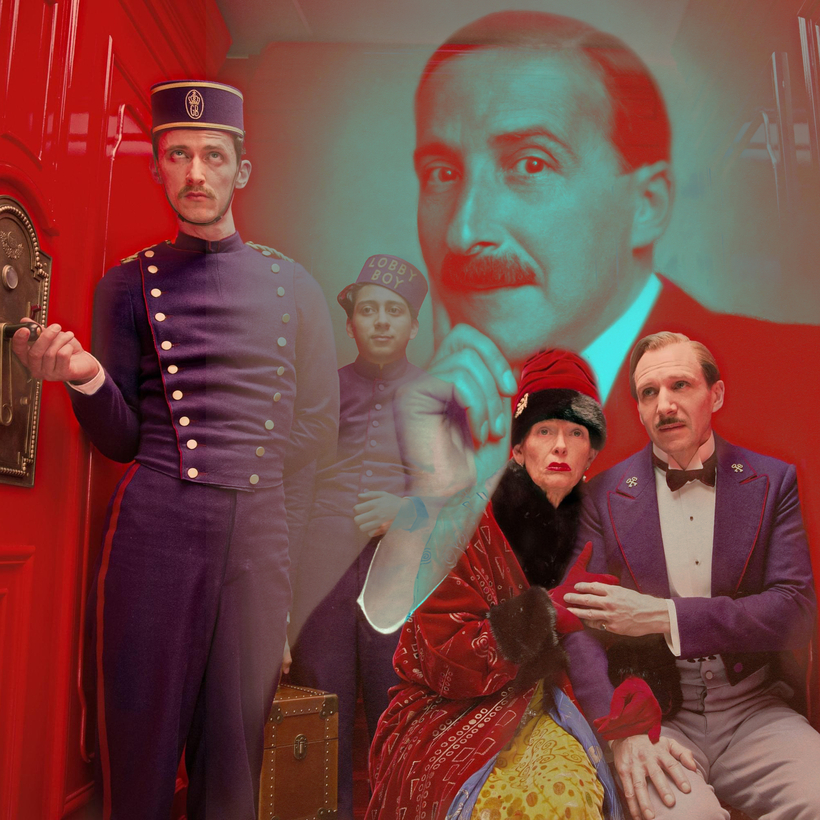You can’t keep a good writer down. In the 1930s the Austrian short-story writer Stefan Zweig was an international best-seller, one of the most widely translated writers in Europe, so successful he could afford to buy Beethoven’s desk and Goethe’s pen. His death in 1942 made the front page of The New York Times, but then he drifted out of print. Over the past two decades there has been a slow resurgence of interest in his work as independent publishers have put out modern editions, winning him new admirers. His writing inspired Wes Anderson’s film The Grand Budapest Hotel (Anderson read the first page of a Zweig novel in a bookshop and thought “OK, this is a new favorite writer of mine”). Now Penguin gives us six of his best stories, essential reading for anyone interested in modern fiction.
“Odd psychological states have a positively disquieting power over me,” says the narrator of one story, Amok. Zweig specializes in tales of passion, obsession and irrationality, particularly in middle-class society, of the heart not just ruling the head but overwhelming it. The sense of emotions at a feverish height never lets up.

